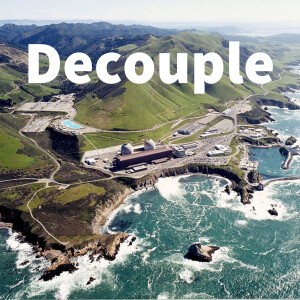
I am joined again by Mark Nelson to speak on the energy shocks tearing through Europe and Asia. What are its causes, and what will its consequences be?
The crisis comes on the heels of what academics and policymakers thought was an energy transition away from fossil fuels. But as countries pay record prices to scrap together enough coal, gas, and oil to avoid shortfalls, we are seeing just how unprepared they were for the fossil-free world they have been trying to create. The procurement of low-carbon energy sources was dominated by short-term thinking, favoring solar and wind over nuclear power, and pre-emptively drawing the line in the sand for fossil fuel investment.
Mark reflects on European energy decisions over the past decades, the constant shaving down of reserve energy supplies for the sake of avoiding “wastefulness”, and how during the energy crises of the 1970s, some countries drew winning hands and others drew losing hands in their responses. Namely, those who drew winning hands built nuclear, and a lot of it.
Mark worries that “it’s not clear that Europe knows how to expand energy production now, only reduce it.” Will this energy shock be a tipping point? Will it have sobering effects on the debate over the EU Green Taxonomy and the decision of whether to include nuclear power?
As in the children’s story of the industrious ant and the worry-free grasshopper, will this winter reveal the stark differences between those who prepared and those who didn’t—those who shored up their own low-carbon energy supply with nuclear, and those who optimistically trotted down the path of solar, wind, interconnections, nuclear phase-outs, and gas imports?
More Episodes
 2021-05-01
2021-05-01
 2021-04-20
2021-04-20
 2021-04-14
2021-04-14
 2021-03-16
2021-03-16
Create your
podcast in
minutes
- Full-featured podcast site
- Unlimited storage and bandwidth
- Comprehensive podcast stats
- Distribute to Apple Podcasts, Spotify, and more
- Make money with your podcast
It is Free
- Privacy Policy
- Cookie Policy
- Terms of Use
- Consent Preferences
- Copyright © 2015-2024 Podbean.com






